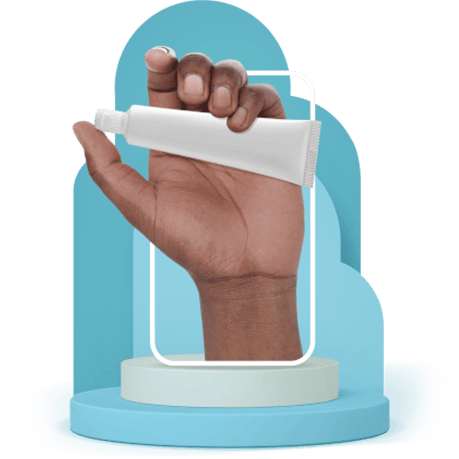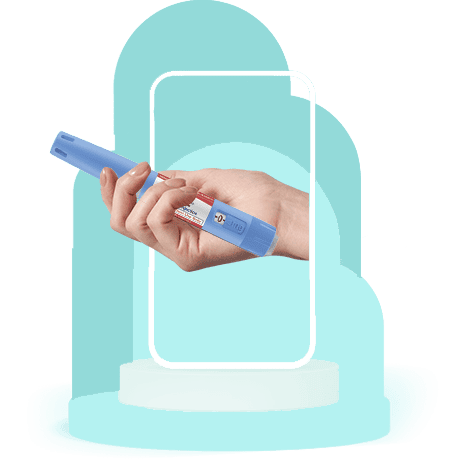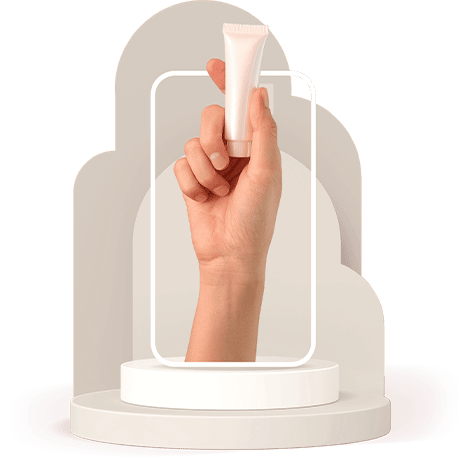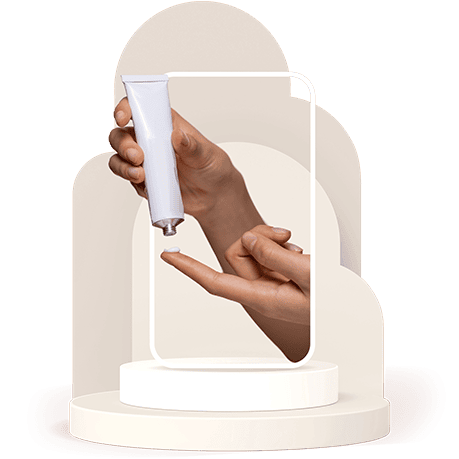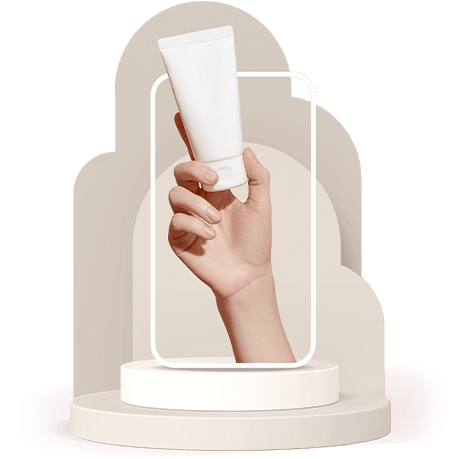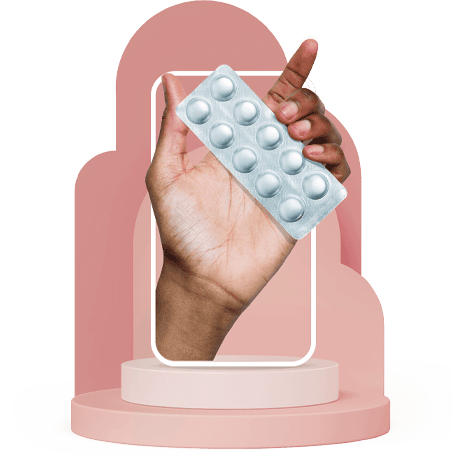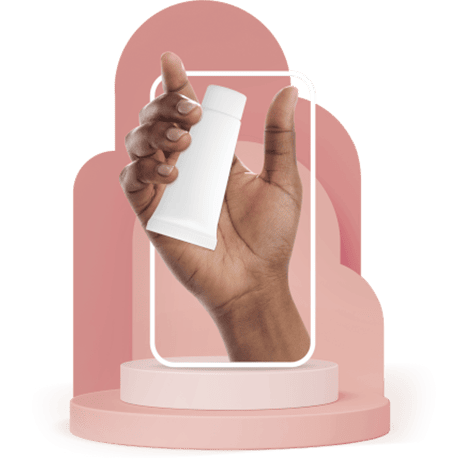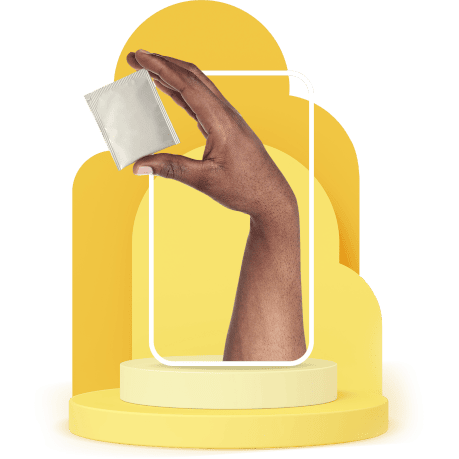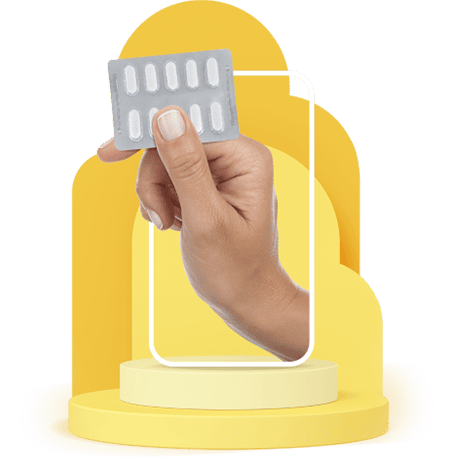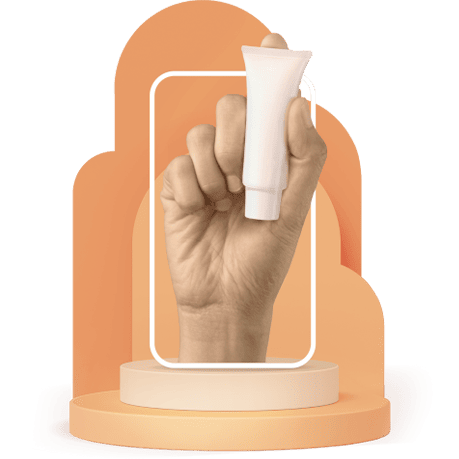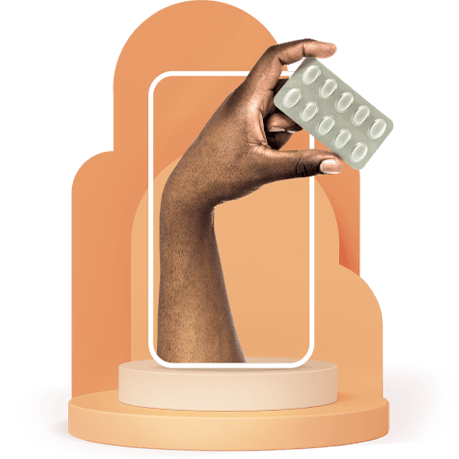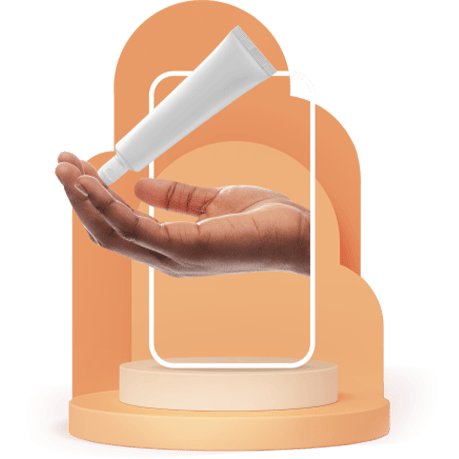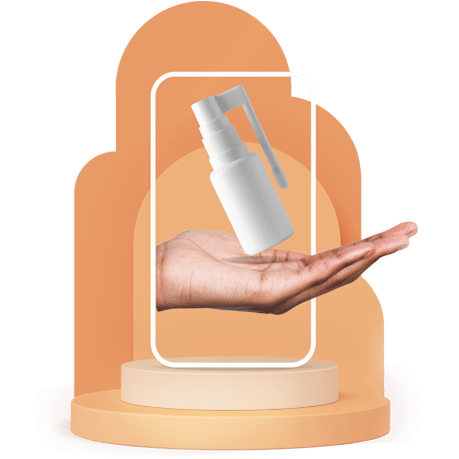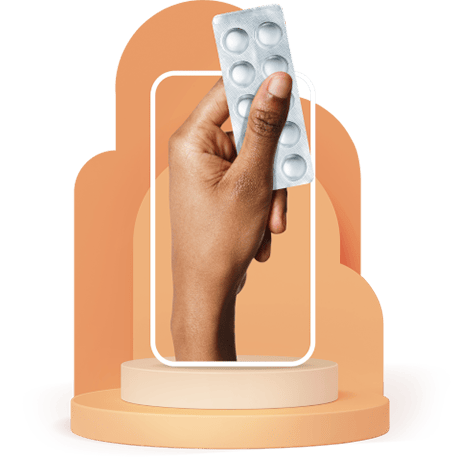Erectile dysfunction (ED) is a common condition that affects young and old men everywhere. It is estimated that in South Africa, 4 out of 10 men, both young and old, suffer from ED. Erectile dysfunction happens when a man is unable to get or keep an erection that is firm enough for sex, for a period longer than 3 months. There is a lot of information and knowledge about the dysfunction, however, some of this information is inaccurate and there are many misconceptions and taboos surrounding it. This prevents many men from seeking the correct advice and treatment.
As there are a lot of myths surrounding ED, below we have compiled a list of 6 common myths that are widely believed and their subsequent real facts.
“Only older men get Erectile dysfunction” 👴
It is true that there is a higher prevalence of ED as you get older however, there are many young men who also suffer from ED. In the study conducted by the Journal of Sexual Medicine in 2013, it found that 1 out of every 4 new patients experiencing erectile dysfunction were under 40 years of age, meaning that 20% of men under 40 years old suffer from the dysfunction. Additionally, it has been estimated that 40% of men in their 40s and 50% in their 50s will suffer from ED. Therefore, it is evident that although the likelihood of getting ED as you age increases, it is still prevalent in younger men.
“ED is all in your head” 💭
There are many causes of erectile dysfunction, and psychological factors can be one of the causes but it is not the only cause. In fact. It is often caused by a combination of psychological, physical and physiological factors. Some of the causes can include stress or anxiety, diabetes, unhealthy lifestyle choices such as smoking and substance abuse and even some prescription medications. It is important to realise which of these could be contributing factors and discuss all of these factors with your doctor when seeking treatment.
“Taking testosterone will help treat ED” ♂
If your testosterone levels are normal, then taking more testosterone most probably won’t help your erectile dysfunction and other options should be considered. However, if your testosterone levels are low, taking testosterone may help; or it may not be enough to help your ED. Therefore, taking testosterone to help you, but only in certain circumstances and under your doctor’s supervision.
“Only prescription medication can treat ED” 💊
You may think that the only way to treat your erectile dysfunction is by using prescription medication. Well, this is not always the case. Sometimes changing unhealthy lifestyle choices or addressing underlying health conditions may be the simple solution. For example, excessive alcohol drinking, smoking and using drugs can all contribute to your dysfunction. Furthermore, high cholesterol, high blood pressure, obesity and diabetes can also be the underlying cause. So it is important to address these issues first.
Other ED treatments can include injections, diet/lifestyle changes, and suppositories among others. However, it is important to consult with your or one of Contro’s Partner Doctors to ensure that you get the correct advice and can start treatment in the best way for yourself.
“If you struggle in the bedroom once then you have ED” 🛏
Many factors can contribute to an “off night” and are normal and should not be anything to worry about. It can be due to any temporary issues such as too much alcohol that night, or tiredness from a busy week at work. However, if you continue to have difficulty achieving and maintaining an erection for longer than 3 months then you should be thinking about seeking treatment.
“ED medication is expensive” 💸
The cost of erectile dysfunction medication varies and depends on the brand or generic you are using. At Contro, we offer events-based or chronic treatment options. Chronic ED treatment is costly as it is new to the market and therefore has a high cost. However, some of our events-based ED treatments may be a more cost-effective option and may even be more than enough to help you. Therefore, although it can be expensive it depends on the treatment plan and brand or generic you are using.



